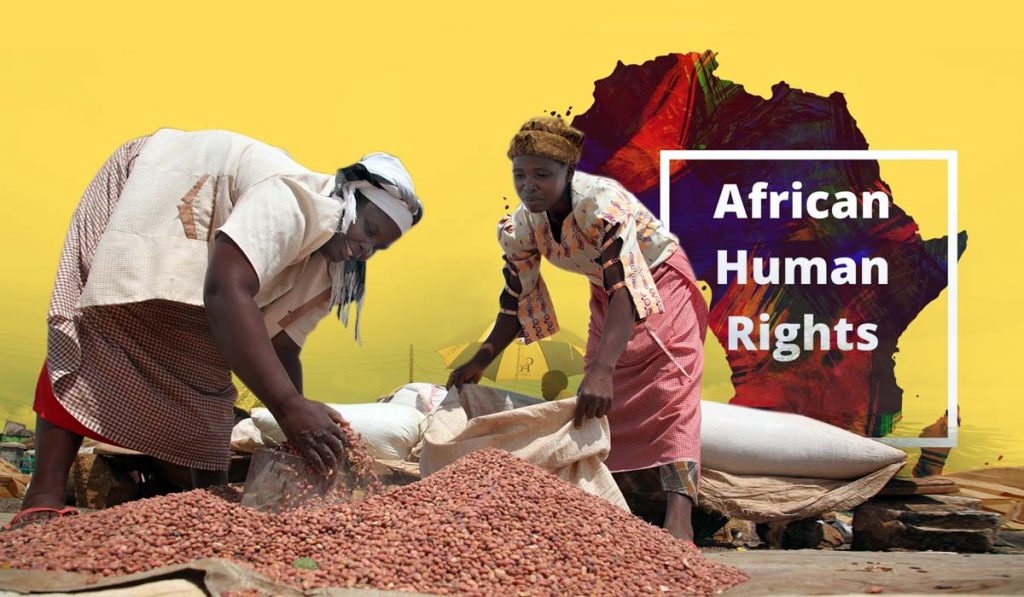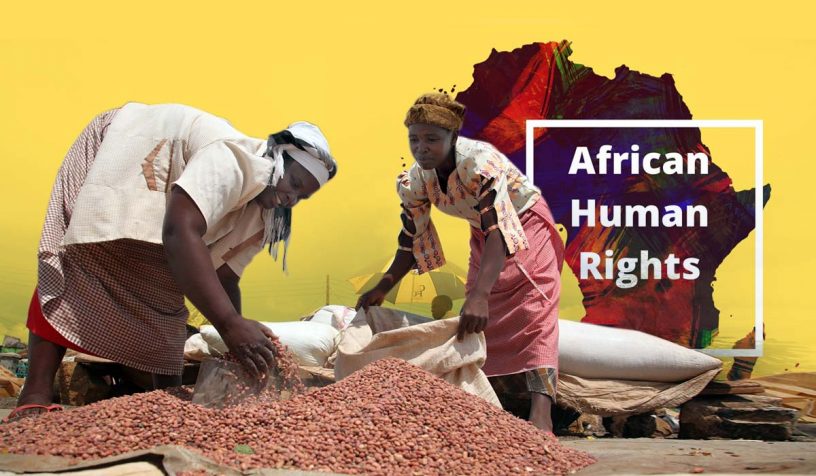
Human rights and democratic institutions increase trade in Africa, shows the research based on a study of trade openness for 40 African countries from 1960 to 2010.
Authors
Chisom L. Ubabukoh, Assistant Professor (Economics), Jindal Global Law School (JGLS), O.P. Jindal Global University, Sonipat, Haryana, India; University of Manchester, UK.
Jubril Animashaun, University of Manchester, UK; University of Ilorin, Nigeria.
Summary
The researchers study whether institutions supportive of human rights improve trade openness. Strengthening human rights institutions could reduce the adverse consequence of trade on consumers and labour rights. On the other hand, adherence could impose high transaction costs limiting the comparative advantage of many African countries.
The researchers study the effect of democratic and human rights institutions on trade openness for 40 African countries from 1960 to 2010. To address endogeneity concerns, we exploit the variation in democracy measurement among geographically proximate neighbours with similar political histories (i.e. an inverse distance weighted average of democracy among ‘neighbours’).
The authors find that human rights and democratic institutions increase trade in Africa. They find evidence supporting property rights, freedom of domestic movement and the political recruitment process as likely mechanisms.
Published in: Managing Global Transitions
To read the full article, please click here.


